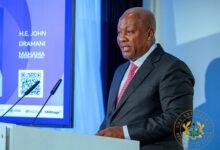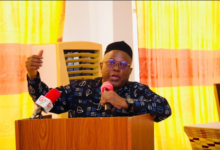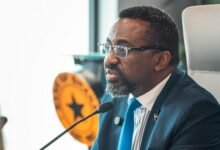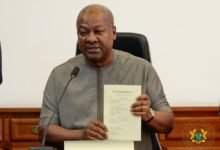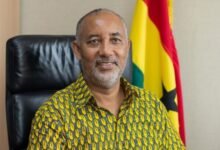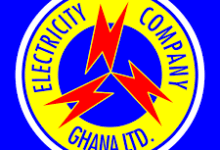Engage fisher folks, communities in policy formulation – NFAG

The government has been implored to make a concerted effort to engage fisher folks and coastal communities in the development of policies related to ocean management.
Such a move, according to the President of the National Fisheries Association of Ghana (NFAG), Nana Joojo Solomon, would help address communication gaps between government agencies and the fishing communities.
Additionally, he noted that the engagement with the fisher folks and the fishing communities would enable them to appreciate the ocean policies developed by the government.
Nana Solomon said this at the opening of a two-day national consultation on Ghana’s Sustainable Ocean Plan (SOP) held in Accra yesterday.
The purpose of the SOP, which was focused on six thematic areas namely ocean wealth, ocean health, ocean knowledge, ocean finance, ocean equity and marine security, was to serve as a blueprint for the sustainable management of marine resources.
Organised by the Sustainable Development Goals (SDGs) Advisory Unit, Office of the President, the two-day conference brought together stakeholders from government agencies, civil society organisations (CSOs), and other actors in the ocean space.
“I have gone through the Sustainable Ocean Plan programmes churned out, and I think they are very good. Fortunately, this is the first time that we have been recognised ever since the inception of the SOP,” Nana Solomon said.
“To promote good co-existence, I believe that anything that has to do with the ocean, we must be a part of it,” he added.
Nana Solomon further noted that for the SOP to achieve its full objective of protecting the marine and costal resources, there was a need for a strong political will from the government devoid of any form of partisan politics.
For his part, a senior lecturer at the Department of Marine and Fisheries Science, University of Ghana, Dr Edem Mahu, emphasised the need to sensitise the citizenry on ocean-related issues to make them ocean literates.
She also noted that it was important for the creation of ocean clubs at educational institutions to develop students’ interest in ocean-related issues in order to enable them to become advocates.
The Convener, Sustainable Development Goal 14 sub-platform, CSOs Platform on SDGs, Mr Kyei Yamoah, urged the government to develop innovative ways of financing the SOP, and not depend on a consolidated funding source.
Also, the Norwegian Ambassador to Ghana, Ms Ingrid Mollestad, commended Ghana’s effort in developing the SOP towards the protection of its coastal and marine resources, and pledged the support of the government.
Presenting Ghana’s SOP process, the SOP Technical Advisor, Professor Appeaning-Addo, stress that significant progress had been made in developing the SOP since its inception.
This, he said, included regional and sub-national consultations, stakeholder engagement with CSOs, journalists, the completion of an ocean governance study, publication of consultancy roles, secure of funding for SOP, and the organisation of a national blue summit.
Prof. Appeaning-Addo indicated that the SOP document would be launched by the end of November, which would be preceded by thematic analysis, awareness creation and stakeholder engagements.
BY BENJAMIN ARCTON-TETTEY

